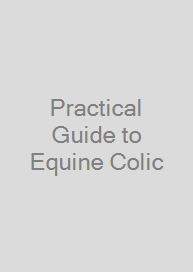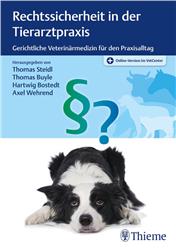Decision Making in Veterinary Practice
| Auflage | 2023 |
| Seiten | 200 pp. |
| Verlag | John Wiley & Sons |
| ISBN | 9781119986348 |
| Artikel-Nr. | 682504 |
Noch nicht erschienen, ca. Dez. Liefertermin 1-3 Tage nach Erscheinen
Produktbeschreibung
Absence of principles or strategies to guide veterinary practitioners in the process of rational decision-making on behalf of patients, can sometimes result in decisions which, when examined retrospectively, appear to be irrational, or difficult to justify based on information in medical records. In author's experience, each hospital has a unique culture or philosophy of practice which profoundly influences the way in which its clinicians make decisions. These influences are known as the "hidden curriculum," where clinicians are implicitly expected to adopt systems and protocols that align with the philosophy of the practice. Decision Making in Veterinary Practice is a largely experience-based book based on author's opinions and experiences. Author contends that the absence of rational principles for clinical decision-making often has far greater consequences for our patients than our relative knowledge of medicine or surgery. Veterinarians should provide their clients and their animals with the benefit of not only their compassion, but also their wisdom, reflected by judicious decisions. Aim is to begin examining some of the most important issues facing veterinary practitioners.






